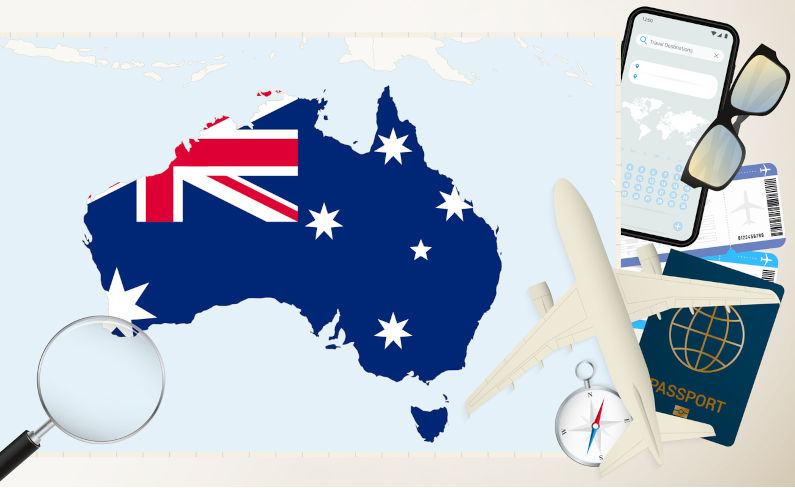Why are Chinese backpackers required to sit an English Test while Taiwanese backpackers are not?
March 31, 2024
It’s well past time that Australia’s English language requirements for working holiday visas was addressed and applied consistently for young people in all countries.
Australia has two types of visas for backpackers young people who want to combine a holiday with work in Australia. The Working Holiday Maker visa (sub-class 417) and the Work and Holiday visa (sub-class 462).
The latter has a minimum English language requirement while the former does not. The English language requirement is there to help reduce the risk of worker exploitation as people with poor English are more easily exploited by unscrupulous employers. An English language requirement also helps with securing a job and reducing occupational health and safety risks.
The Work and Holiday visa agreements were developed well after the Working Holiday Maker agreements. Concern about migrant worker exploitation and safety led the Government to insist on an English language requirement for the Work and Holiday visa.
But that has led to the perverse situation where French, German, Dutch, and Belgian backpackers arent required to sit an English test while those from Spain, Switzerland, Luxembourg and Austria are.
Cypriot, Maltese and Italian backpackers arent required to sit an English test while Greek, Slovenian and Hungarian backpackers are required to sit an English test.
Japanese and South Korean backpackers arent required to sit an English test while Singaporean and Malaysian backpackers are.
Taiwanese backpackers arent required to sit an English test while Chinese backpackers are.
All of this is just a quirk of history. After all, are we only concerned about the exploitation and safety of some backpackers and not others? Its well past time this was addressed and English language requirements were applied consistently.
A by-product of introducing an English language requirement in the Working Holiday Maker visa (SC 417) in exactly the same way as exists in the Work and Holiday visa (SC 462) is that it would help the Government in its task of reducing net migration to its forecast of 235,000 in 2024-25.

